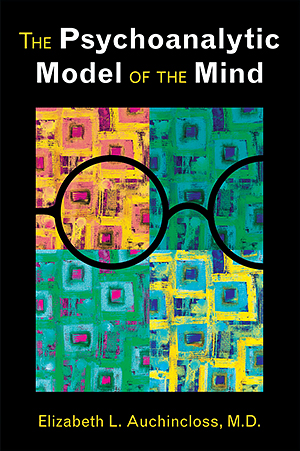Appendix A:Libido Theory
Excerpt
Libido is the name that Freud gave to the drive for sexual pleasure. The word libido is derived from the Latin for “wish” or “desire.” Ideas about the origins, transformations, and effects of libido have been collectively referred to as libido theory. For a full discussion of the illustration in this appendix, readers are referred to the section “Freud’s Drive Theory” in Chapter 9 (“The Id and the Superego”).
Access content
To read the fulltext, please use one of the options below to sign in or purchase access.- Personal login
- Institutional Login
- Sign in via OpenAthens
- Register for access
-
Please login/register if you wish to pair your device and check access availability.
Not a subscriber?
PsychiatryOnline subscription options offer access to the DSM-5 library, books, journals, CME, and patient resources. This all-in-one virtual library provides psychiatrists and mental health professionals with key resources for diagnosis, treatment, research, and professional development.
Need more help? PsychiatryOnline Customer Service may be reached by emailing [email protected] or by calling 800-368-5777 (in the U.S.) or 703-907-7322 (outside the U.S.).



